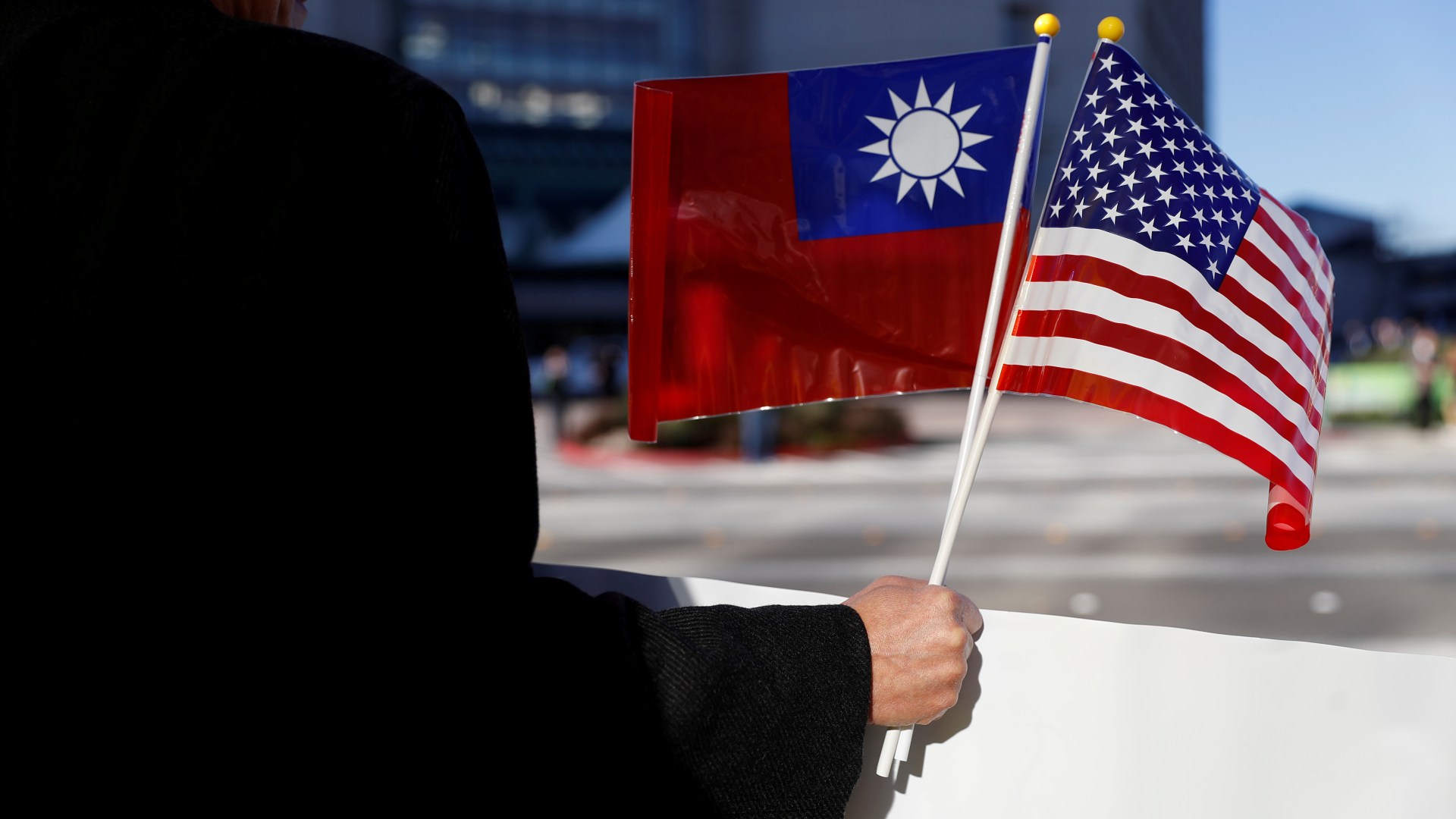Lonely Taiwan’s Quest for Allies Amid The Geopolitical Maze
The small island nation of Taiwan has found itself at the center of a complex diplomatic dance in a world characterized by ever-shifting geopolitical landscapes and simmering international tensions. This year, Taiwan's national day celebrations were marked by a resounding chant of "democratic Taiwan," echoing through the island's streets and resonating in the speeches of its leaders. Taiwan's quest for new allies has never been more urgent as it confronts the specter of an assertive China looming on its doorstep. As President Tsai Ing-wen emphasized the island's democratic identity, it is evident that "democratic Taiwan" has become more than just a label – it's the lifeblood of a nation fighting to retain its independence and identity.

In the midst of a world filled with geopolitical complexities and shifting alliances, the phrase “democratic Taiwan” has become a rallying cry for the island nation.
It featured prominently in this year’s National Day celebrations, as President Tsai Ing-wen emphasized the importance of Taiwan’s democratic identity.
As Taiwan grapples with increasing pressure and territorial claims from China, it has sought to project itself as a vibrant and open society that deserves the world’s attention and protection.

Taiwan’s democracy is more than just a label; it’s a cornerstone of its existence and a shield against the encroaching influence of an assertive China; the island, with its population of 23 million, is a technological powerhouse, boasting an $800 billion chip industry; however, it finds itself with very few official friends on the global stage.
There was a time when Taiwan had substantial international backing, with military alliances and UN Security Council representation and during the Cold War, Taiwan was considered a staunch anti-Communist ally, counting on support from countries around the world; but those Cold War-era friends have dwindled away, leaving Taiwan feeling increasingly isolated and vulnerable.
The challenge of finding new allies was on full display at a recent national day ceremony; as dignitaries from tiny Pacific micro-states like Nauru and Caribbean nations like St Kitts and Nevis and St Vincent and the Grenadines graced the event, it became clear that Taiwan’s official diplomatic allies were few in number and often small in size.

Taiwan currently maintains official diplomatic relations with just 13 countries, which are the last remnants of its Cold War-era alliances; thus, the island has had to adapt its approach to diplomacy and has become increasingly reliant on financial incentives to secure the loyalty of these remaining allies.
However, the situation has evolved, and China’s economic might has grown significantly, dwarfing Taiwan’s economic power.
The remaining allies are unlikely to offer substantial assistance in defending Taiwan against an aggressive China, which puts Taiwan in a precarious position, spurring a renewed search for international friendships.
Despite these challenges, Taiwan does have some unofficial friends that hold significant weight. Two of these allies, Japan and the United States, are perhaps the most crucial for Taiwan’s security and international standing, and while they may not have official diplomatic relations with Taiwan, they continue to provide support in various ways.

Washington, for example, has continued to support Taiwan by selling it billions of dollars worth of weapons. The United States maintains an unofficial embassy in Taipei, known as the “American Institute in Taiwan.”
Japan, being in close proximity to Taiwan, also has a vested interest in the island’s well-being and regularly expresses its concerns about China’s increasing assertiveness in the region.
Yet, Taiwan is actively seeking new friends on the international stage, not only for trade but also for support in influential international bodies, with a particular focus on the European Union.

Evidence of this quest can be seen on the shelves of Taiwanese supermarkets, which now stock Lithuanian-made products, including India Pale Ale, rum, and chocolate, indicating a notable shift, as such European products were once a rarity in Asia.
Taiwan’s efforts to make new friends are bearing fruit, particularly in Eastern Europe, where young democracies are eager to build relationships based on shared values and a desire to protect their own sovereignty.
These countries have their own concerns about Russia’s resurgence and have expressed solidarity with Taiwan, another small democracy living in the shadow of a formidable authoritarian state.
Lithuania, in particular, has been a stalwart supporter of Taiwan; despite facing pressure and intimidation from Beijing, Lithuania allowed Taiwan to establish an office in Vilnius with the title “Taiwanese Representative Office in Lithuania.” The Lithuanian government has even labelled its relations with Taiwan as a “strategic priority,” highlighting the importance of their growing partnership.
The Last Bit,
Taiwan is actively seeking new friends, and the IPA on its supermarket shelves is just one example of this endeavor.
While Taiwan values its longstanding allies, it is well aware that expanding its circle of friends is essential in the face of growing pressure from China.
The island’s democratic identity and open society make it a natural partner for other democracies around the world, and Taiwan is determined to forge stronger alliances to ensure its continued existence.
The island’s “democratic Taiwan” brand is not merely a rhetorical flourish; it is a lifeline that safeguards its existence in the face of mounting pressure from China.
While its Cold War-era alliances have dwindled, Taiwan is forging new bonds, particularly in Eastern Europe, where young democracies share a kindred spirit for a small democracy living next door to a powerful authoritarian state.




